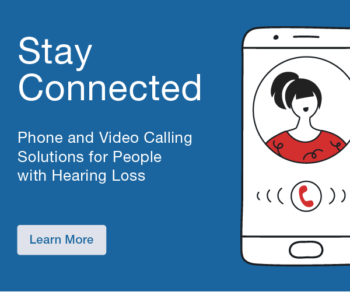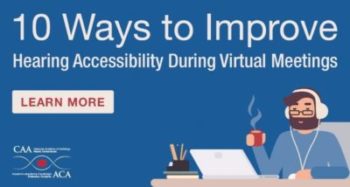This presentation will provide an in-depth overview of the latest advancements in the vestibular field, including updates on vestibular assessment, rehabilitation, and the effects of aging on the vestibular system. We will explore the critical role of audiologists in fall prevention and discuss the growing body of research highlighting the influence of auditory signals on balance control.
A key focus will be on the integration of posturography in clinical audiology settings, demonstrating its value in assessing balance disorders and guiding rehabilitation strategies. Additionally, we will examine emerging technologies such as virtual reality, which is increasingly recognized as an effective tool for vestibular rehabilitation.
With the aging Canadian population, falls have become a significant public health concern, often linked to vestibular dysfunction. We will review how aging impacts vestibular function and discuss evidence-based approaches for identifying individuals at risk of falls. This includes the audiologist’s role in early detection, patient education, and the implementation of targeted interventions to enhance balance and reduce fall risk.
Finally, we will highlight the auditory system’s contribution to postural control, examining how auditory cues can support balance and stability. By leveraging this knowledge, audiologists can play a crucial role in fall prevention and overall patient well-being.
Learning Objectives:
- Understand the Latest Advancements in Vestibular Science
- Identify recent developments in vestibular assessment, rehabilitation, and the impact of aging on the vestibular system.
- Analyze the Impact of Aging on Vestibular Function
- Understand how age-related changes in the vestibular system contribute to balance impairments and increased fall risk.
- Recognize the Role of Audiologists in Fall Prevention
- Explain how audiologists can contribute to identifying individuals at risk of falls and implementing preventative strategies.
- In assessing balance disorders and guiding rehabilitation.
- Investigate the Role of Auditory Cues in Balance Control
- Assess how auditory signals influence postural stability and their potential application in balance rehabilitation.
- Apply Evidence-Based Strategies to Improve Patient Outcomes
- Develop clinical approaches integrating vestibular and auditory assessments to enhance patient care and fall prevention efforts.



